Rock-Solid Republican
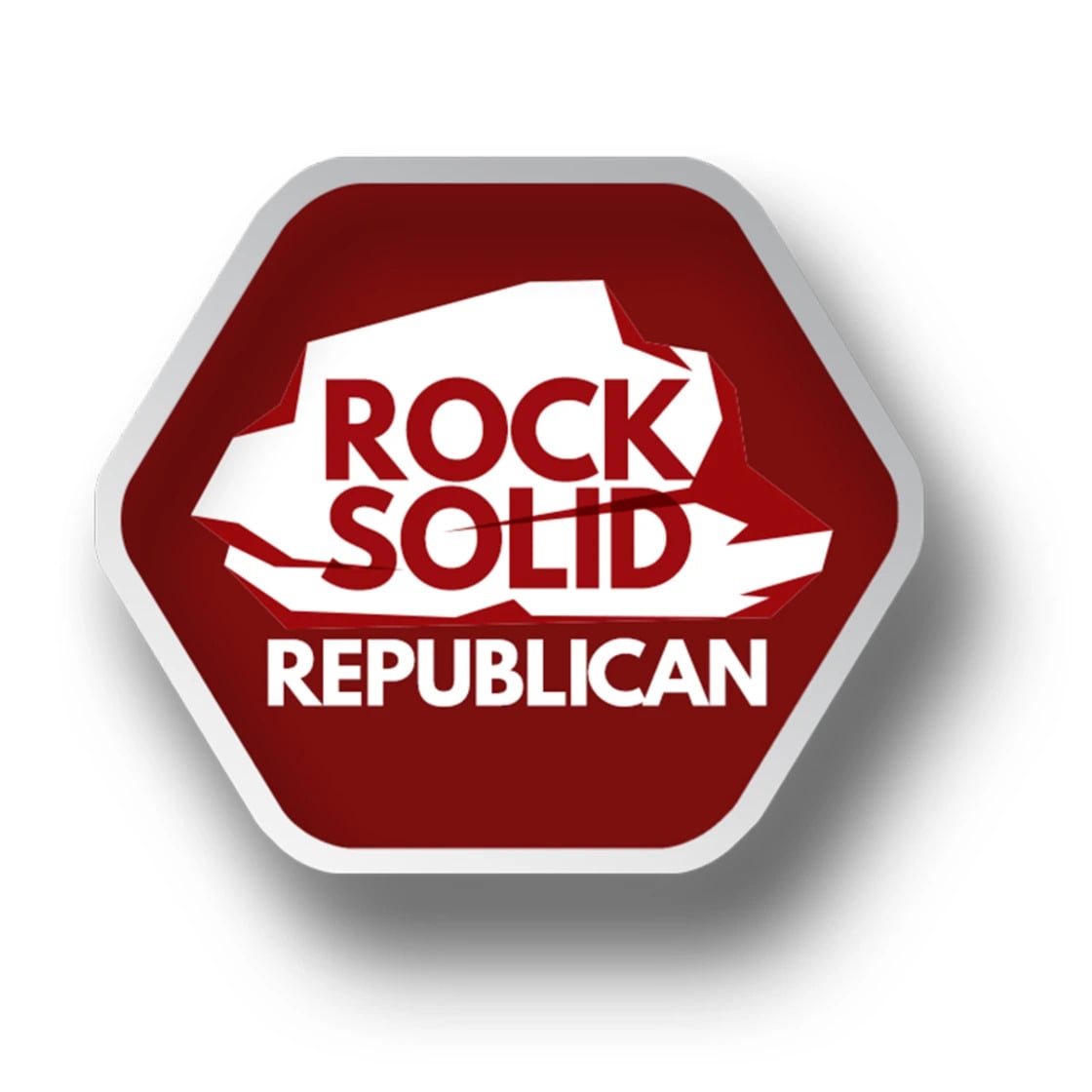
An anchor for the GOP, Rock-Solid Republicans are mostly married, mostly living in the South, and 1 in 4 are seniors. Holding consistently conservative views on fiscal and social issues, the group nearly universally disapproves of President Obama, thinks the Supreme Court is too liberal, and overwhelmingly says the country is headed in the wrong direction. Few Rock-Solids live in the city, nor do they want to, preferring a small town or rural place to call home, with lots of space and privacy and people around who share similar religious beliefs. They are football fans and pickup-truck drivers. Their favorite holidays are Christmas and the Fourth of July.Rock-Solids are a very homogenous group, largely white and Christian, with about half attending church once a week. They’re somewhat politically engaged, with a third posting political views online and nearly as many displaying political bumper stickers.
Blue-Collar Conservative
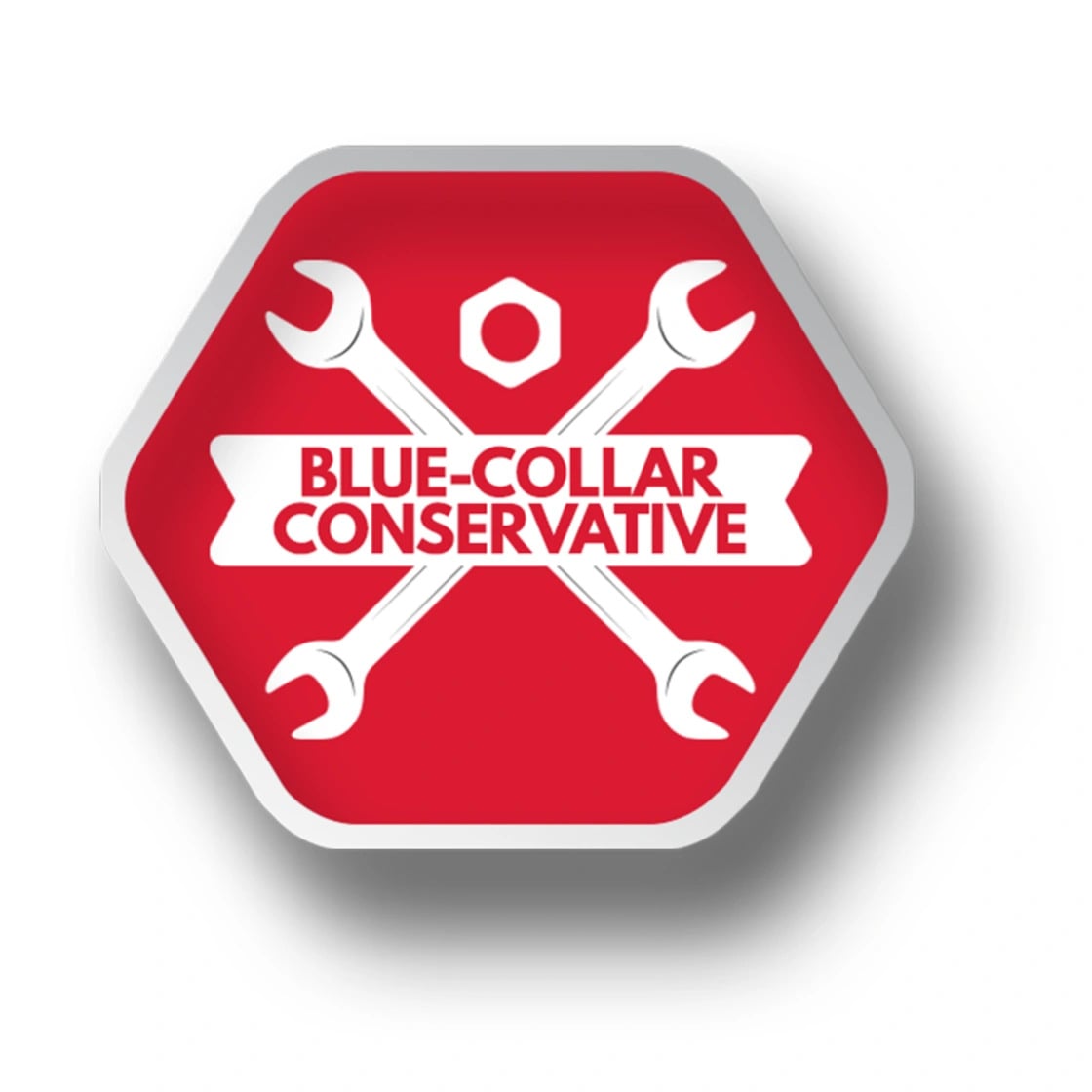
Somewhat younger than the Rock-Solid Republicans, Blue-Collar Conservatives tend to live in rural and small-town settings where they can be near good schools and outdoor activities like hiking and fishing. Most display the American flag and keep a gun in the house – but this group drives SUVs more than pickups. Few are politically engaged – showing instead a preference for church and community activities such as youth groups and volunteer work. Men and women are nearly equally represented here, compared to all other Republican groups, which skew male. Their favorite holidays are Christmas and Thanksgiving, and many like watching NASCAR.This group sees problems where other conservatives don’t; they are divided 45% to 54% on whether it’s just a few people at the top who are able to get ahead in today’s economy or if everyone has a fair chance. Nearly half prefer government regulation of business to protect the public interest, by far the highest level among the Republican groups. They’re struggling to stay in the middle class in an economy that increasingly favors the educated: 4 in 10 have just a high school degree or less, and about half have household incomes under $75,000. A third are in jobs that require some physical labor, and most prefer a protectionist stance on free trade.
Urban Cowboy
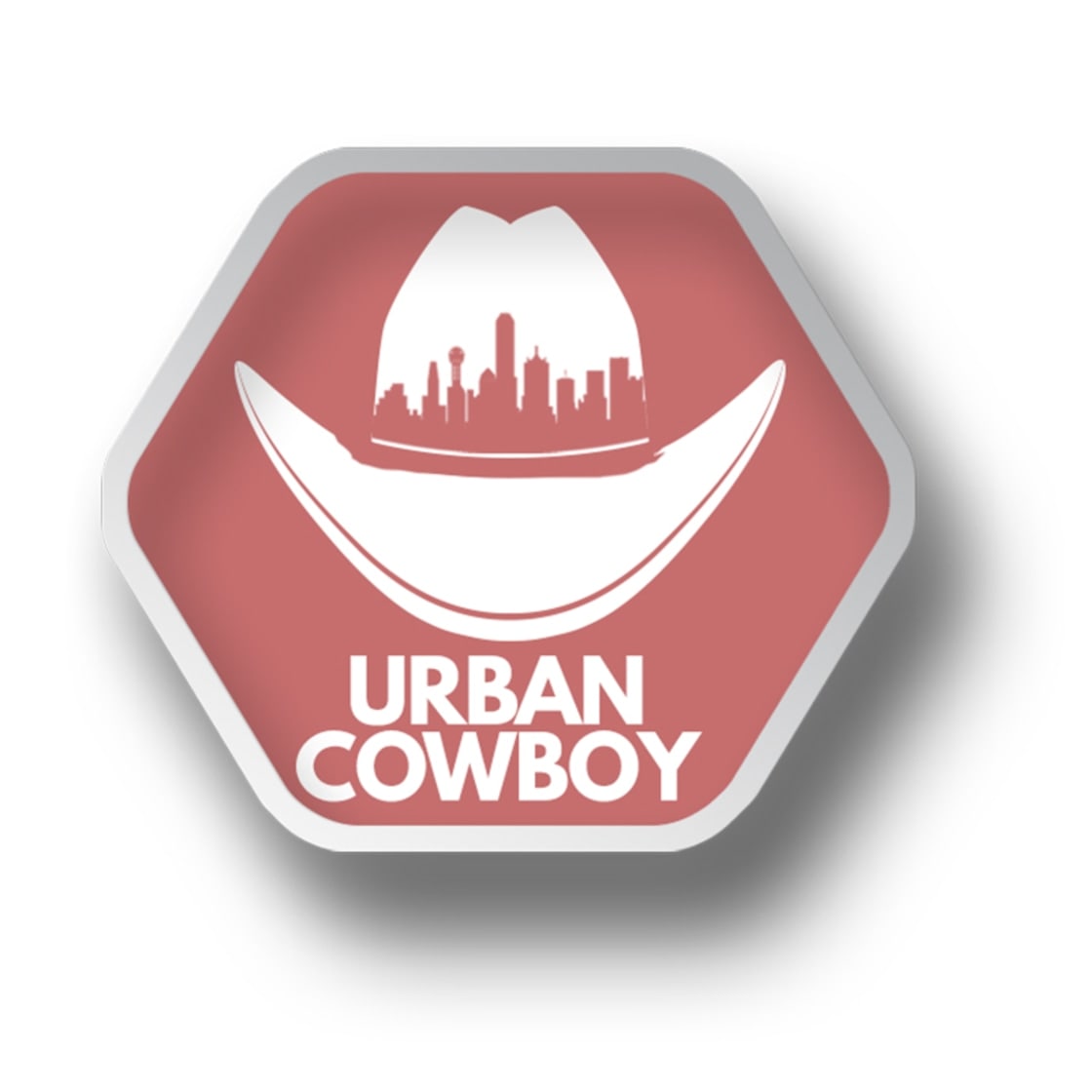
Young and mostly urban, this group identifies with many conservative ideologies, but tends to resemble liberals in their lifestyle choices and preferences. They are the least likely Republican group to display an American flag or to have a gun at home. They like city living. They care less about access to outdoor activities, and more about being near art museums or cultural activities, public transportation, and being able to walk to where they want to go. They are one of the most diverse conservative groups, with about 3 in 10 being non-white. Among the Republican cohorts, they are the least likely to attend church weekly, and the most college-educated.Urban Cowboys say the U.S. should take a leading role in solving international conflicts. They are the most likely Republican group to support free trade over protecting American industries by limiting imports. They’re somewhat divided on government’s role, but lean conservative: about 7 in 10 say government regulation does more harm than good and a slim majority say the government should promote traditional values. Half say global warming is due to human causes. The group sees America as a land of fair opportunity, with 6 in 10 believing that most people have a chance to get ahead. They’re divided on whether immigrants strengthen the country or are a burden.Urban Cowboys are moderately engaged – they are more likely to attend a protest than other Republicans, but less likely to volunteer. They report the highest Republican rate of membership in sports leagues, but the lowest rate of belonging to a church or synagogue.
Don't Tread On Me
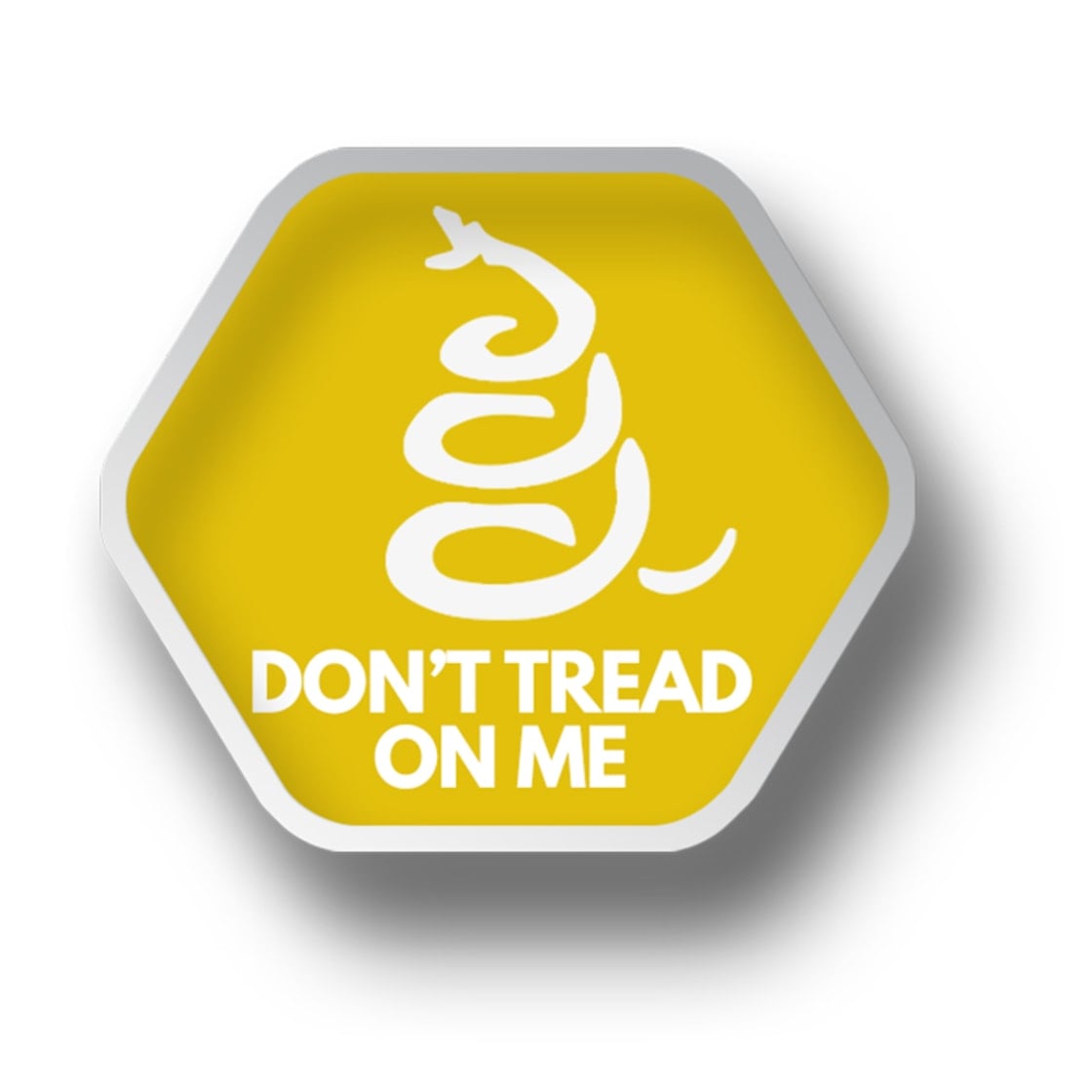
Those in the Don’t Tread on Me group are more conservative than the average Republican on a number of issues. Overwhelmingly male, they are the cohort least likely to be found behind a desk at work, with more than a third saying their work involves light activity or manual labor. A majority own a gun personally and more than 8 in 10 display the American flag. Half identify as evangelical, and Christmas and Easter are their two favorite holidays. They are the most likely of all cohorts to have children under age 18, and largely prefer rural areas with access to outdoor activities. They’re spread across most of the country, with fewer in the Northeast.The Don’t Tread on Me faction overwhelmingly believes government should promote traditional values and nearly three-quarters of them support the Tea Party movement. They are the only conservative cohort opposed to U.S. intervention in global conflicts.An overwhelming majority (95%) think that government regulation of business does more harm than good. This group also has the most extreme views on immigration, with 86% seeing immigrants as a burden on American society. More politically involved than other conservative groups, they volunteer for campaigns and attend protests or political rallies at higher rates. Nearly 7 in 10 have posted political views online and 6 in 10 have displayed a bumper sticker or lawn sign.
Apolitical
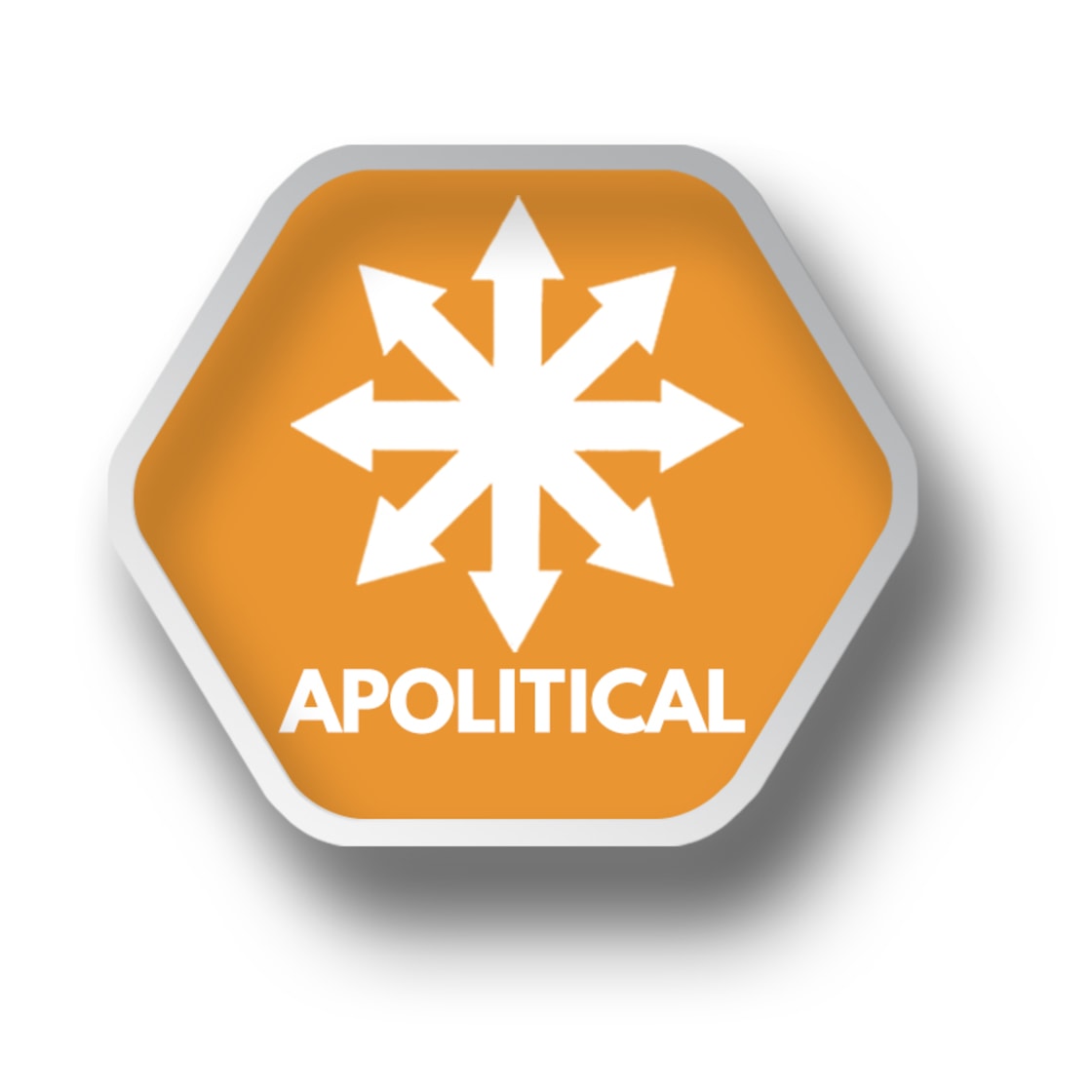
Apoliticals sit on the sidelines of American politics. Nearly three-quarters say they haven’t engaged in political activities in the last three years. Their opinion is split on government’s role in society, as well as on immigration. Somewhat more disapprove of the job Barack Obama is doing as president than approve, 57% to 44%. And reflecting their bystander viewpoint at the international level, two-thirds, say the United States should not try to solve international conflicts.Apoliticals take sitting on the sidelines seriously: six in ten said they had not participated in any of a list of common activities like volunteering or attending community meetings. About the same number did not belong to any of the social or community groups listed. About a third are unaffiliated with any religious organization or identify as atheist or agnostic. They are younger, tend to be less educated, and inclined to live in rural and small town settings.
Free Agent
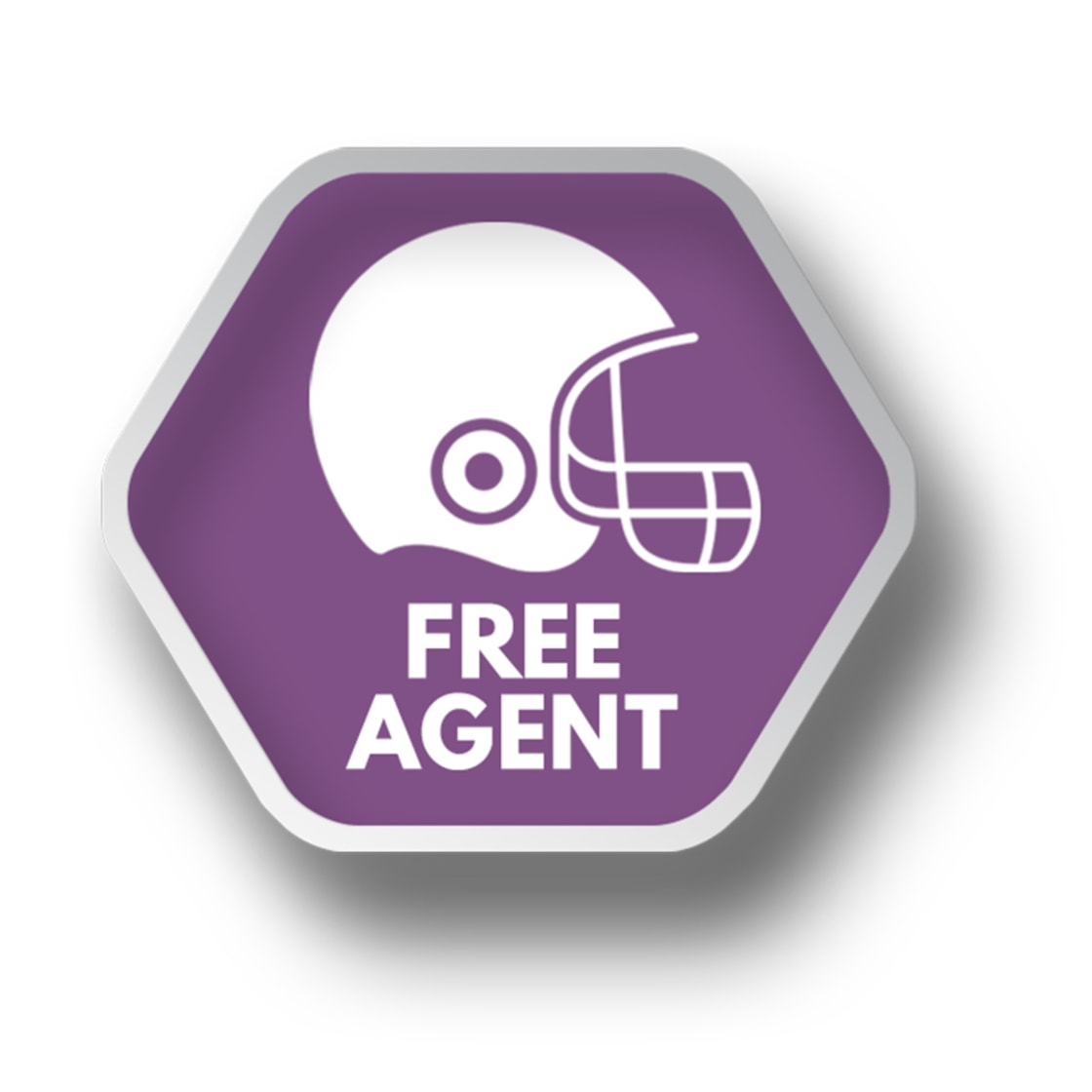
Free Agents are very politically engaged, posting political information online and attending events. Their lack of commitment to either party reflects a genuine uncertainty—or ideological views that do not align with either group. True independents, their attitudes divide on a number of issues, including how Barack Obama is handling his job. They’re split on government regulation and whether the fight against terrorism went too far in infringing on individuals’ privacy. They lean towards government not imposing conservative values on society. More of these toss-up voters say immigrants today strengthen the country, but a majority also say that blacks are personally responsible for getting ahead in society.Free Agents have one of the highest self-reported rates of volunteerism across the cohorts, are church-goers, and are active in local issues. They also tend to be more educated than the Apoliticals, with half having at least some college. They are more likely to be white and 3 in 10 are evangelical. Free Agents have a slight preference for small town life, but you’ll find them across all metropolitan settings. They are the most likely cohort to belong to a sports league.
Free-Range Dem
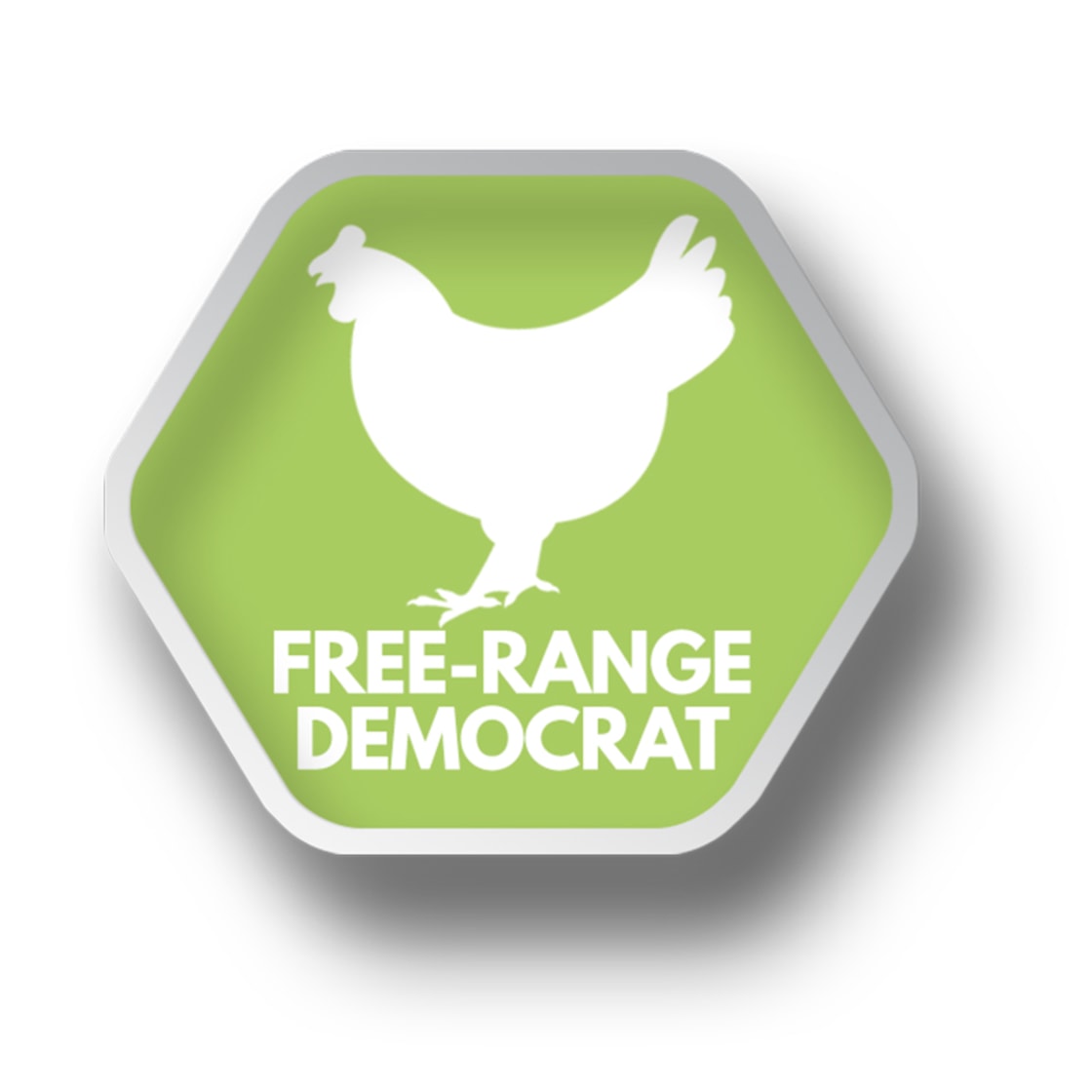
Free-Range Dems are joiners and rabble rousers. Nearly 4 in 10 have attended an organized protest – more than twice as many as any other group. Their approval of Barack Obama is more muted than other Democrats – likely because he has not gone far enough to satisfy them.They support government regulation, perceive an opportunity gap in this country for all but the richest, overwhelmingly say that racial discrimination is at the heart of what is keeping blacks from getting ahead, and agree that climate change is the result of human activities. They are the cohort most opposed to the United States entering international conflicts. A majority say the government’s efforts in the war on terror have infringed on individuals’ privacy, more so than other Democratic groups, and they overwhelmingly don’t trust government or business with their personal data.A majority of Free-Range Dems report volunteering and working to influence government action through a non-political group. While half are city dwellers, many want access to outdoor activities. They’re the group most likely to own a compact car and most likely to get their vegetables from a farmers’ market or community-sponsored agriculture (CSA) organization.Highly educated, Free-Range Dems are the whitest of the left-leaning groups. While most other liberal groups have more females than males proportionally, this group splits evenly. Nearly half are atheist or agnostic or don’t identify with any particular religion. While this group skews younger, about 1 in 5 are over the age of 65, making them look a lot like hipsters and hippies who reject the brand label “Democrat.”
Dems the Blues
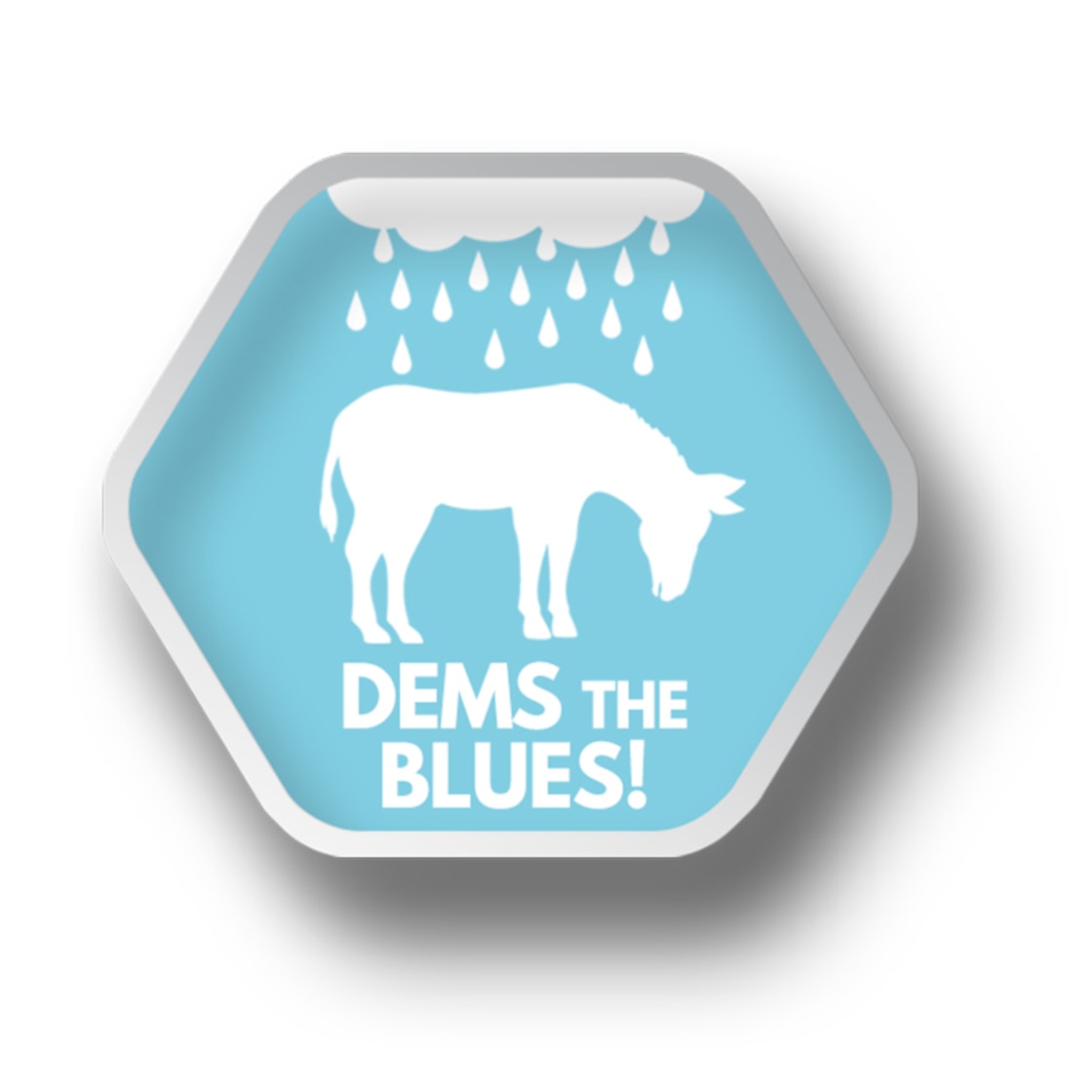
Dems the Blues are one of the least affluent groups and report the lowest education level – just 12% have a college degree or higher. They’re more pessimistic about the country’s direction and give Barack Obama lower approval ratings than other Democratic groups.Nearly twice as likely to display an American flag as other liberal groups (65%), Dems the Blues are also much more likely to have a gun in the home (53%). Nearly 3 in 10 come from labor union households, and more than 1 in 5 have jobs that entail light activity to heavy labor. A third have school-age children. Socially more conservative, about 4 in 10 identify as evangelical and go to church weekly--more than any other Democratic group. About 6 in 10 say that the government should promote traditional values.This group is also more divided on the issue of government regulation than most liberal groups; 56% say that government regulation of business is necessary while 42% say that government regulation of business does more harm than good. Dems the Blues are not very politically engaged, but likely to be involved in community or church activities. Less urban and more suburban or rural, a plurality live in the South, and 4 in 10 identify as black, Hispanic or another race or ethnicity.
True Blue
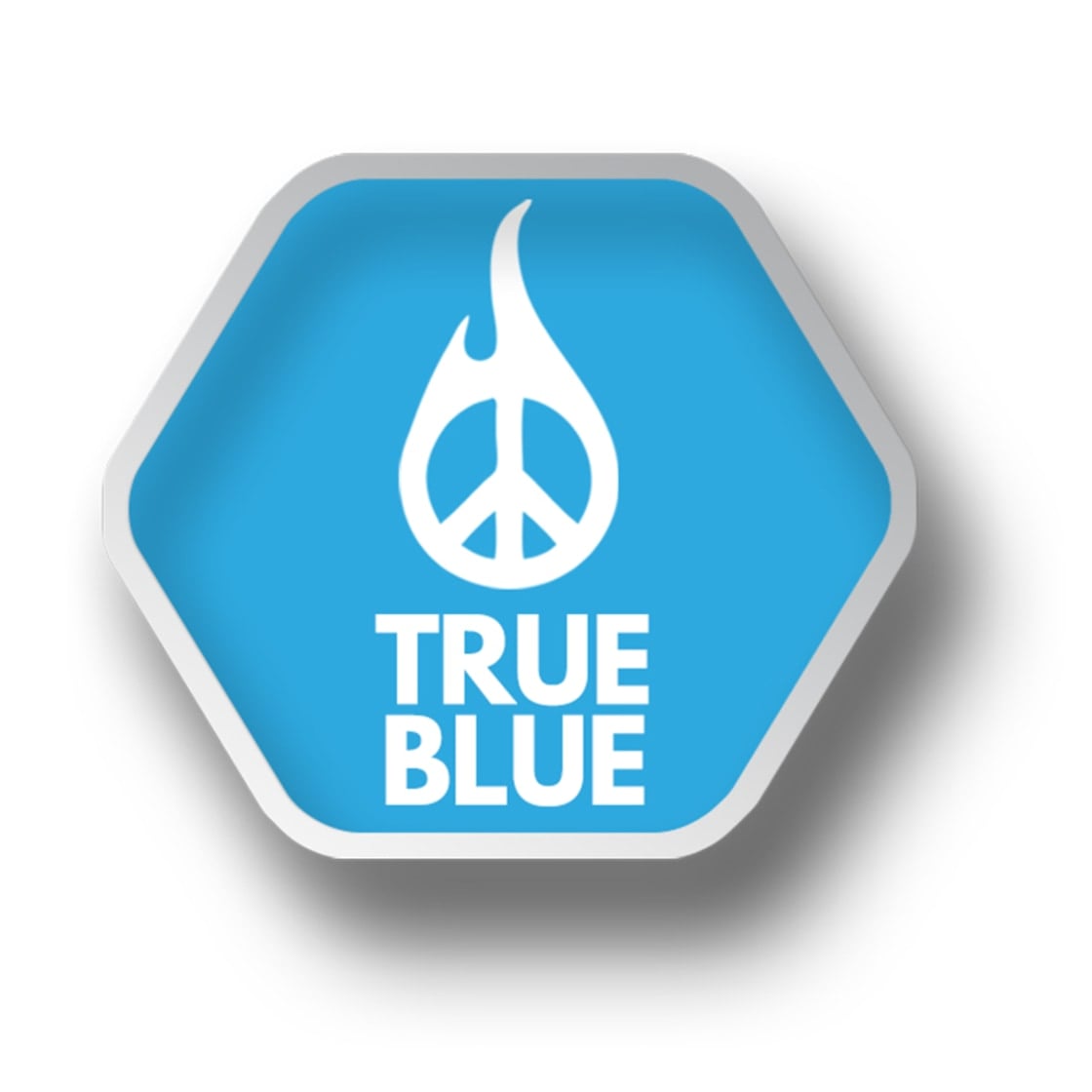
True Blues are mainstream Democrats -- decidedly left of center among all Americans, but more moderate than those furthest to the left. They divide on whether the government should promote traditional values. A plurality say the government’s surveillance program is balanced between fighting terrorism and protecting individuals’ privacy. Approval of Barack Obama runs high, but is not as universally shared. A mostly urban group, few are likely to display an American flag (33%) and the least likely to have a gun in the home (20%). They are somewhat less politically or socially engaged, although a quarter attend church once a week. This is the most diverse cohort, the only one without a white majority: 35% are white, 35% are black and 23% are Hispanic. About 1 in 4 are Catholics, and about the same number are in a union househuld. Not surprisingly, they are keen on living near people from different racial and ethnic backgrounds and are the group most likely to want to live in a community with a mix of housing for people with different economic backgrounds. Nearly two-thirds see immigrants as a positive for the country. They have the highest number of basketball devoteess, but also follow football and baseball.
Progressive Progressives
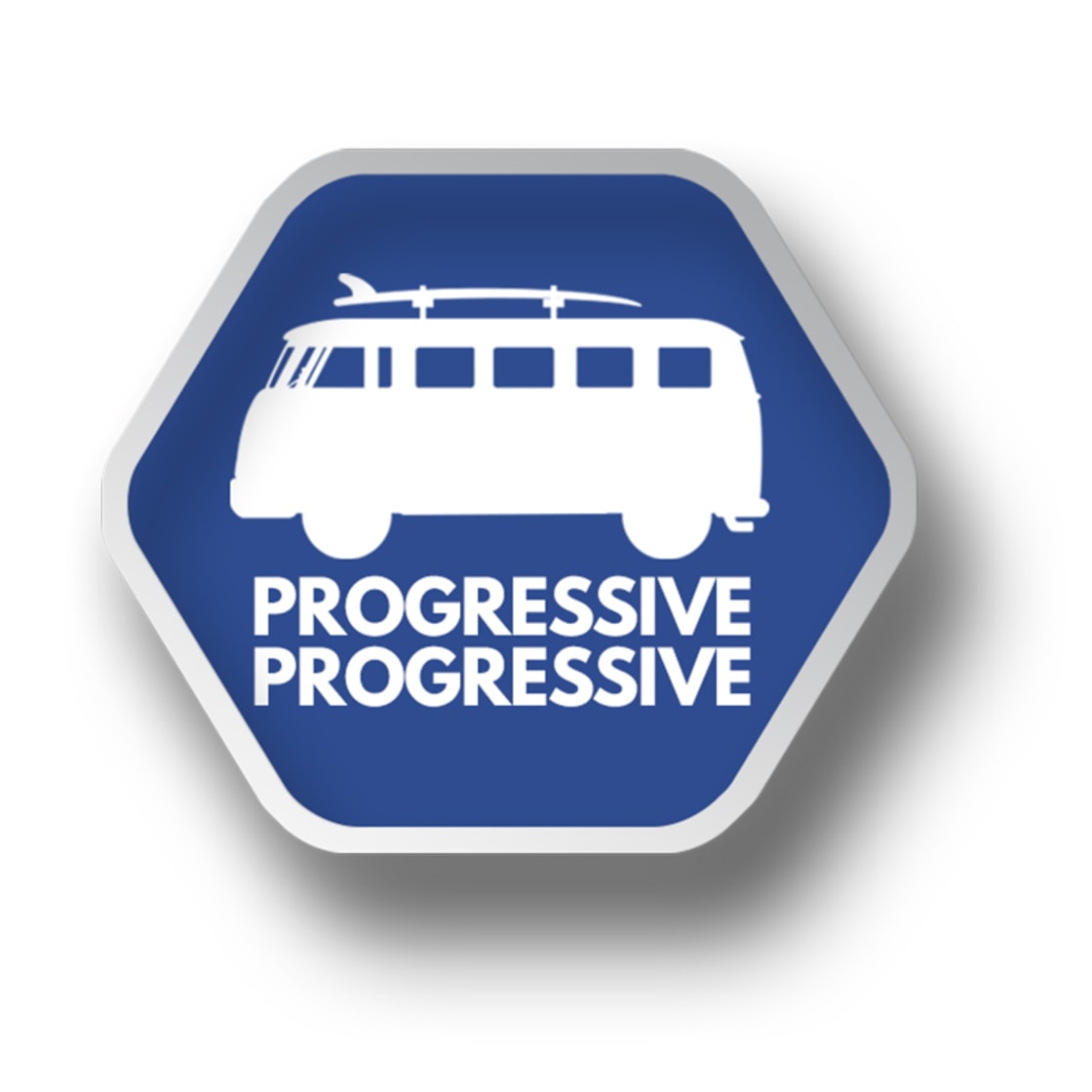
Progressive Progressives are unified on a number of Democratic dogmas: 97% say government regulation of business is necessary to protect public interests; 97% say immigrants today strengthen our country; 96% say climate change is caused by human activities. Large majorities perceive the existence of income inequality and say that racial discrimination is at the root of why many blacks can’t get ahead in this country. Barack Obama’s approval rating is sky high among this group and they are the most likely to say the country is headed in the right direction.They’re highly educated and tend to be urbanites, ranking public transportation and being able to walk to places as important to where they live. Nearly 1 in 3 soccer aficionados identify as Progressive Progressives. They’re highly engaged, both politically and within their communities – but only about 1 in 4 belongs to a church or place of worship. More than 4 in 10 say they are atheist, agnostic or unaffiliated with any religious organization. A majority use social media to broadcast their views on political and social issues. And more than 4 in 10 have pasted political bumper stickers on the sedans, small SUVs or compact cars they drive--or placed a candidate’s sign in their yards.